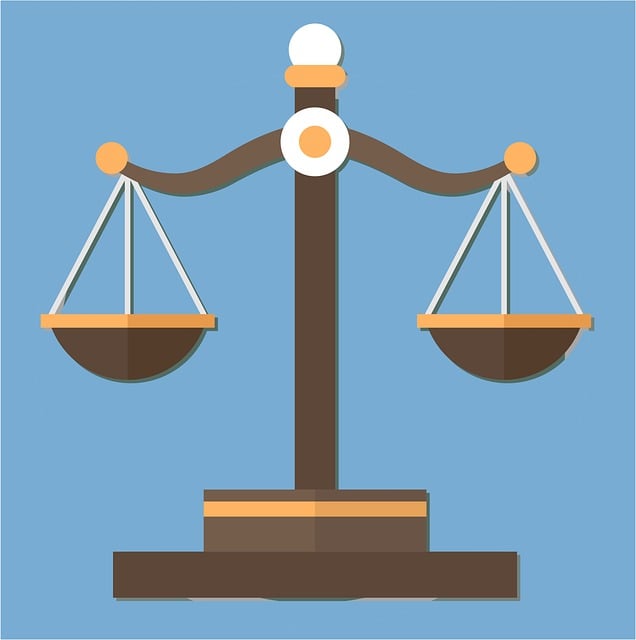Fair housing laws are vital pillars within the real estate industry, aiming to ensure equality and protect individuals from discrimination during accommodation searches. These regulations, designed to safeguard against bias based on race, religion, gender, disability, and other protected characteristics, promote a diverse and inclusive market. Both tenants and buyers benefit from equal treatment in advertising, contracts, and evictions, fostering welcoming communities where everyone feels respected. If you suspect unfair treatment in real estate, take prompt action by gathering evidence and contacting agencies like HUD to file a complaint, ensuring equal opportunities for all.
“Fair housing laws stand as a cornerstone for equality in the real estate sector, safeguarding individuals from discrimination based on race, religion, gender, and more. This comprehensive guide explores these laws, highlighting their profound impact on inclusive housing practices. We delve into who these protections serve, empowering tenants and buyers alike. Additionally, we offer practical insights on enforcing your rights, ensuring a fair and accessible real estate experience for all.”
Understanding Fair Housing Laws: A Foundation for Equality in Real Estate

Fair housing laws are a cornerstone in the real estate industry, promoting equality and fairness for all individuals seeking accommodation. These laws were established to protect people from discrimination based on various protected characteristics, ensuring everyone has equal access to housing opportunities. In the context of real estate, this means landlords, property managers, and sellers cannot refuse service or offer different terms to applicants based on race, religion, gender, family status, disability, or national origin.
Understanding and adhering to fair housing laws are essential for both protecting tenants’ rights and ensuring a diverse and inclusive real estate market. These regulations provide a level playing field, enabling individuals from diverse backgrounds to find suitable homes without facing unfair barriers. By fostering an environment of equality, these laws contribute to the overall health and vibrancy of the real estate sector.
Who Does the Law Protect? Ensuring Inclusion and Non-Discrimination

The fair housing laws are designed to protect a wide range of individuals in the real estate market, ensuring equality and inclusion for all. These laws prohibit discrimination based on sensitive attributes like race, color, religion, sex, national origin, disability, familial status, and more. The primary goal is to ensure that everyone has equal access to housing opportunities without facing unfair treatment or bias.
This protection extends to tenants and potential homebuyers, covering various aspects of the real estate transaction process. It includes fair advertising, equal terms in leases or sales contracts, and protection from evictions or denials based on protected characteristics. By upholding these laws, the onus is on real estate professionals to create a welcoming environment for all, fostering diverse communities where everyone feels valued and respected.
Enforcing Your Rights: What to Do If You Face Violations of Fair Housing Laws

If you believe your fair housing rights have been violated in the context of real estate transactions or practices, it’s important to know your options and take action. The first step is to gather evidence, such as any documentation related to the incident(s), including emails, texts, or contracts. Next, reach out to the relevant government agencies tasked with enforcing fair housing laws, like the U.S. Department of Housing and Urban Development (HUD) in the United States. They can guide you through the process, offer advice, and help mediate any issues.
You have the right to file a complaint with HUD or your local fair housing agency if you experience discrimination or harassment while buying, selling, or renting property. These agencies will investigate the matter and take appropriate action against violators. Understanding your rights and the steps to enforce them is crucial in ensuring that everyone has equal opportunities in the real estate market.






